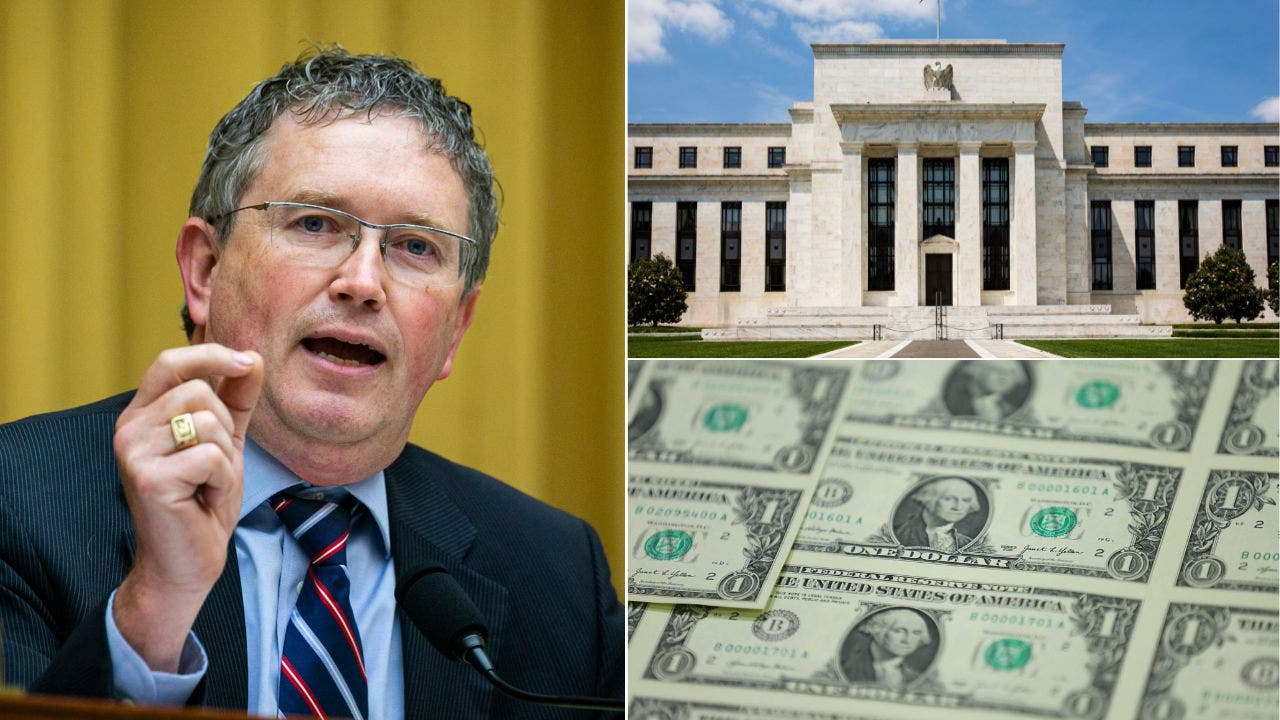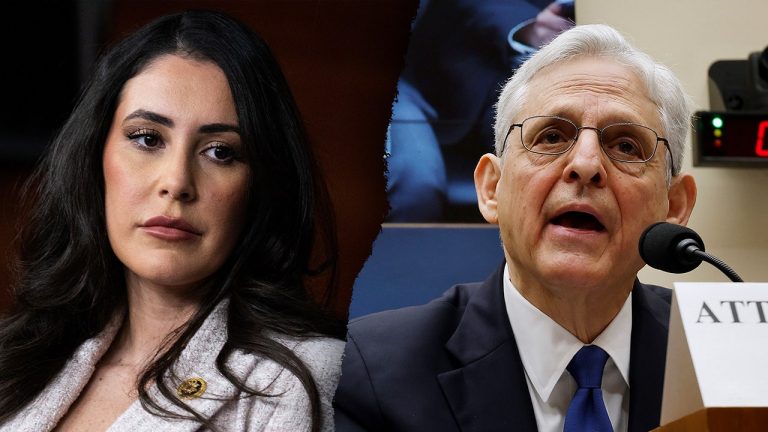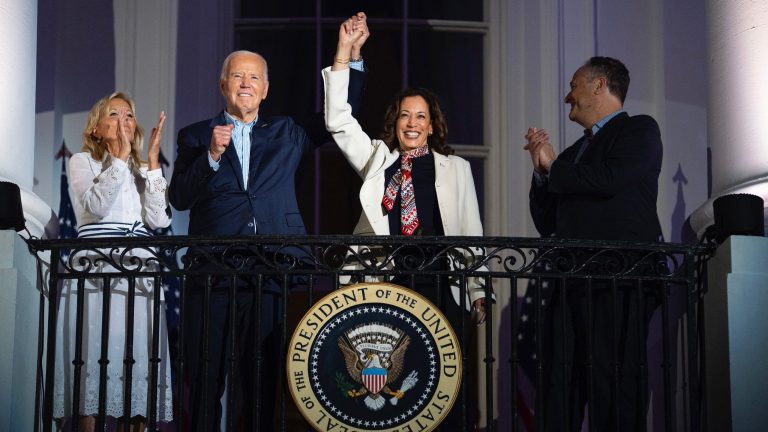Thomas Massie introduces bills to review and possibly eliminate the Federal Reserve.
Rep. Thomas Massie, R-Ky., has proposed a groundbreaking piece of legislation that aims to dismantle the Federal Reserve, which has been the central banking system of the United States for over a century. The bill, known as H.R. 8421 or the Federal Reserve Board Abolition Act, seeks to abolish the Board of Governors of the Federal Reserve along with its associated banks. Additionally, this legislation would repeal the Federal Reserve Act of 1913, which initially established the Federal Reserve System.
Massie has strongly emphasized that Americans are currently enduring the detrimental effects of inflation and has pointed the finger directly at the Federal Reserve for being the primary culprit. He believes that the Federal Reserve’s actions, particularly during the COVID-19 pandemic, have led to the devaluation of the dollar and contributed to the soaring inflation rates witnessed today.
In his official statement, Massie stated, “Americans are suffering under crippling inflation, and the Federal Reserve is to blame.” He highlighted the significant impact of the Federal Reserve’s creation of trillions of dollars during the pandemic, which was then loaned to the Treasury Department for unprecedented deficit spending. Massie argues that this action has ultimately devalued the dollar, paving the way for the high inflation facing the nation.
As a staunch advocate against extensive government spending, Massie embarked on this journey to end the Federal Reserve with the support of like-minded individuals. Prior to introducing the bill, he gauged public opinion through social media platforms, receiving overwhelming support for his initiative. This move aligns with Massie’s Libertarian Republican stance against inflated government interventions.
Massie further elaborated on the consequences of monetizing debt, stressing that the Federal Reserve’s actions have adversely affected retirees, causing the erosion of their savings. He underscored the interconnected efforts of various entities such as the White House, Treasury Department, Congress, major banks, and Wall Street in the debt monetization process. Massie firmly believes that terminating the Federal Reserve is the most effective approach to curb inflation and foster economic stability.
The Federal Reserve Board Abolition Act has garnered significant traction, being co-sponsored by a cadre of Republican lawmakers including Andy Biggs, Lauren Boebert, and Matt Gaetz, among others. This collective effort signifies a strong push towards ending the Federal Reserve and re-examining the current economic landscape.
While this proposal may seem radical to some, it is not the first attempt to abolish the Federal Reserve. Former Rep. Ron Paul introduced a similar bill titled the Federal Reserve Board Abolition Act in 1999, with the latest iteration presented in 2013. Paul, known for his staunch libertarian views, has consistently championed the cause of dismantling the Federal Reserve throughout his political career, even incorporating it into his presidential campaigns.
In addition to the Federal Reserve Board Abolition Act, Massie also unveiled H.R. 24, the Federal Reserve Transparency Act of 2023, which calls for a thorough audit of the Federal Reserve’s operations. This bill, originally initiated by Ron Paul in 2009, aims to shed light on the inner workings of the Federal Reserve and ensure greater transparency in its financial dealings.
As Massie and his supporters continue to push for the end of the Federal Reserve, the implications of such a monumental decision remain to be seen. This bold endeavor underscores a growing sentiment among certain lawmakers to reevaluate the current financial system and explore alternative approaches to monetary policy. The repercussions of dismantling the Federal Reserve could potentially reshape the economic landscape of the United States, sparking both optimism and skepticism among policymakers and the public alike.








